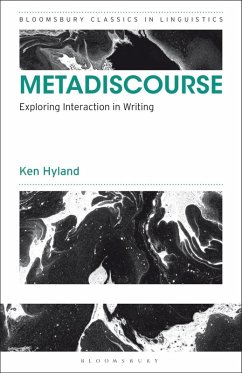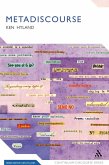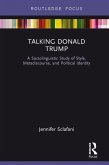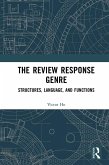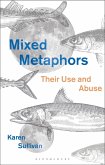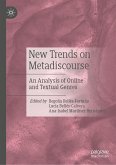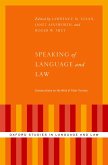First released in 2005, Ken Hyland's Metadiscourse has become a canonical account of how language is used in written communication. 'Metadiscourse' is defined as the ways that writers reflect on their texts to refer to themselves, their readers or the text itself. It is a key resource in language as it allows the writer to engage with readers in familiar and expected ways and as such it is an important tool for students of academic writing in both the L1 and L2 context.
This book achieves for main goals:
- to provide an accessible introduction to metadiscourse, discussing its role and importance in written communication and reviewing current thinking on the topic
- to explore examples of metadiscourse in a range of texts from business, academic, journalistic, and student writing
- to offer a new theory of metadiscourse
- to show the relevance of this theory to students, academics and language teachers
The book shows how writers use the devices of metadiscourse to adjust the level of personality in their texts, to offer a representation of themselves and their arguments. It shows how these tools help the reader organise, interpret and evaluate the information presented in the text. Knowing how to identify metadiscourse as a reader is a key skill to be learnt by students of discourse analysis and this book makes this a central goal.
This book achieves for main goals:
- to provide an accessible introduction to metadiscourse, discussing its role and importance in written communication and reviewing current thinking on the topic
- to explore examples of metadiscourse in a range of texts from business, academic, journalistic, and student writing
- to offer a new theory of metadiscourse
- to show the relevance of this theory to students, academics and language teachers
The book shows how writers use the devices of metadiscourse to adjust the level of personality in their texts, to offer a representation of themselves and their arguments. It shows how these tools help the reader organise, interpret and evaluate the information presented in the text. Knowing how to identify metadiscourse as a reader is a key skill to be learnt by students of discourse analysis and this book makes this a central goal.

